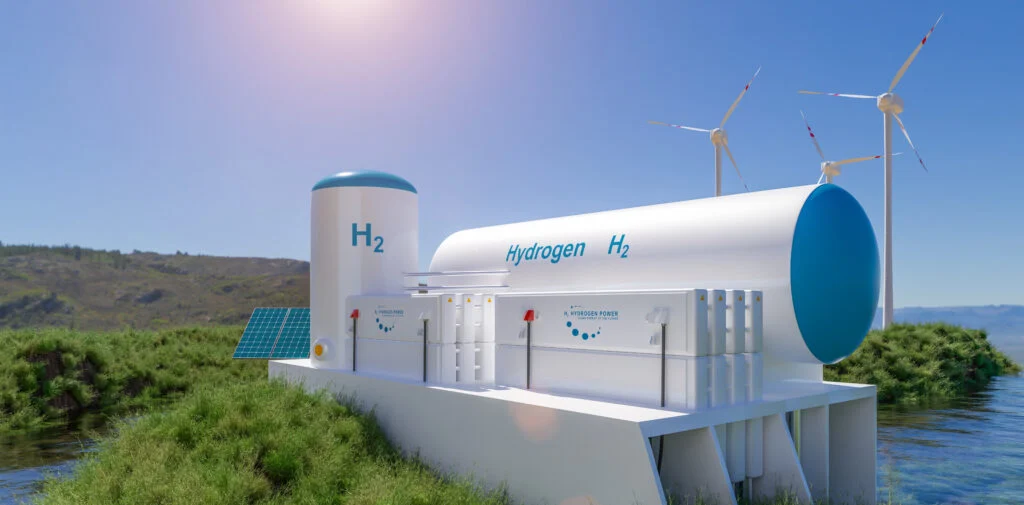Hydrogen has enormous potential as a clean energy, Dutch government has adopted a hydrogen strategy to boost production and the use of low carbon hydrogen.
National Hydrogen Program has sets the ambition to realize 500 MW of electrolysis capacity in 2025 and 3 to 4 GW in 2030. The National Hydrogen Program (NWP) contributes to achieving this ambition. The NWP supports applications of hydrogen in various sectors and helps to achieve goals and agreements in the field of hydrogen.
The National Hydrogen Program (Nationaal Waterstof Programma) supports applications of hydrogen in various sectors. It helps achieve goals and agreements in the hydrogen industry, one of many initiatives fueling a green hydrogen future.
In the private sector, a consortium of Shell, RWE, Groningen Seaports, Equinor & Gasunie called NortH2 is combining all aspects of the supply chain to achieve large-scale supply of green hydrogen. Its goal is to produce four gigawatts of green hydrogen by 2030, upscaling to more than 10 gigawatts by 2040.
Three hubs crucial for accelerating energy transition
Rene Peters, involved in North Sea Energy on behalf of TNO: “We can accelerate the energy transition by rolling out energy hubs in the North Sea. We see these as key areas in which we make smart links between the various energy elements: wind, solar, hydrogen, natural gas and CO2 storage. Offshore hubs are crucial to realizing the ambitions towards accelerating towards a reliable and sustainable energy system with the lowest possible energy prices.”
The three hubs can unlock 34 gigawatts of wind at sea and will eventually supply a maximum of 180 billion kWh of electricity. That is equal to 1.5 times the current consumption in the Netherlands. With the electricity, 1.2 million tons of hydrogen can be produced offshore in the hubs, which covers approximately 80% of the current hydrogen demand.
The plan also provides for underground storage of CO2 up to approximately 27 million tonnes per year, approximately half of the current annual emissions of Dutch industry. In addition, the offshore hubs offer opportunities for more than 7 billion m3 of natural gas production per year without CO2 emissions, so that the Netherlands remains less dependent on imports. The development of the hubs is therefore crucial for achieving the energy ambitions. The cost of this system is estimated at 62-75 billion Euros.
Discover more from Green Innovation News
Subscribe to get the latest posts sent to your email.





